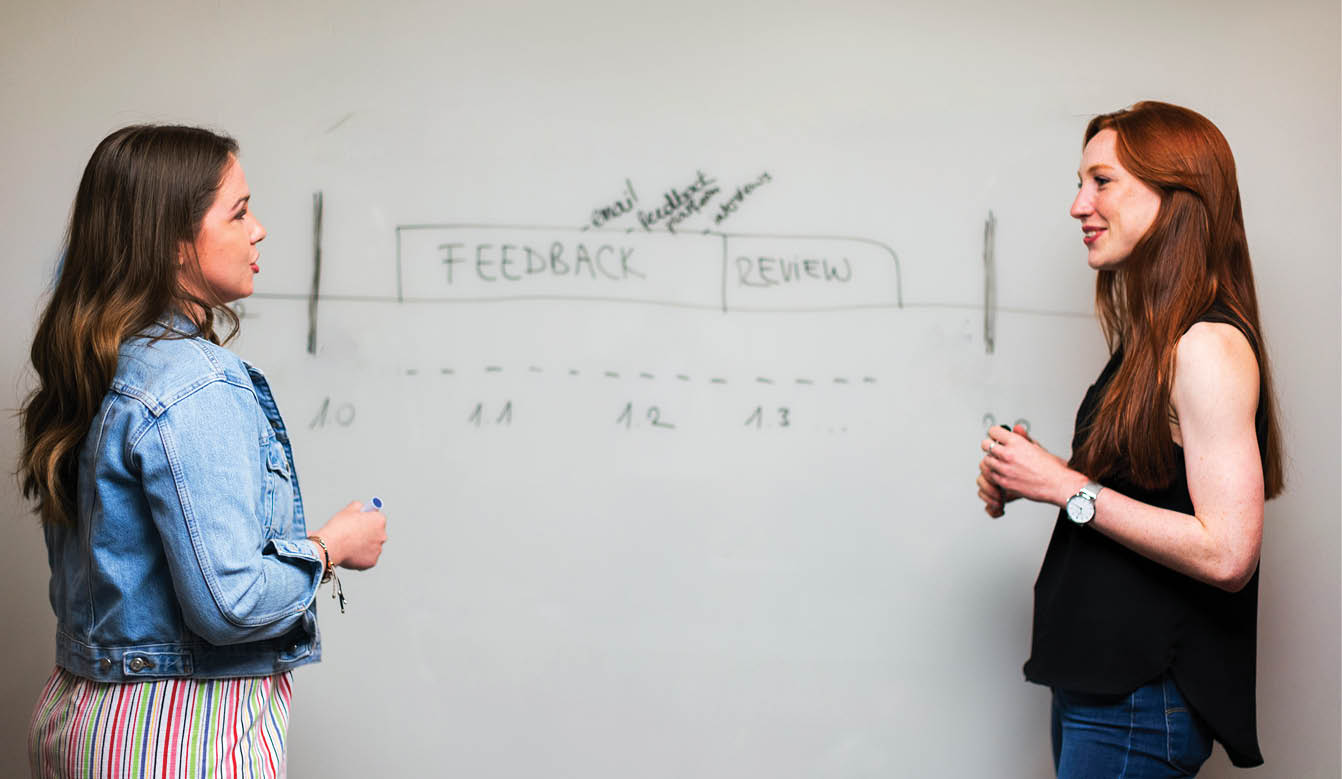The Age-Friendly University: engaging retirees
Some of the principles of an AFU include promoting intergenerational learning and sharing expertise between learners of all ages.

One of the 10 principles of an Age-Friendly University (AFU) urges universities to actively engage their own retired community. While some principles provide guidance on fostering greater accessibility for older adults, this one speaks directly to the interests of the 40-plus university retiree associations across the country.
What is an AFU?
Universities have historically focused their educational programming to meet the needs of young people while little attention has been given to serving other age groups, specifically older adults. However, recently some universities have adopted the principles of the AFU that encourage older adult participation in a wide range of university activities and programs.
The idea behind the AFU was initiated by Dublin City University in 2012. The University of Manitoba was the first Canadian university to join the AFU Global Network in 2016 and since then seven other Canadian universities have joined. The U of M’s centre on aging leads the university’s AFU initiative, along with a committee of key decision-makers, including representatives from the U of M Retirees Association (UMRA). Overall, the AFU initiative involves assessing and monitoring alignment with the 10 AFU principles, and brainstorming AFU opportunities and projects. In terms of a university’s own staff, this can encompass questions of transition to retirement, and engagement of senior scholars/professor emeriti and other retired employees.
AFU impact on retirees
Overall, the AFU principles impact retirees, but in addition to actively engaging their own retired community, several have more direct impact. Specifically, the principles to encourage participation in all core activities of the university, including educational and research programs; promote intergenerational learning; share expertise between learners of all ages; and enhance access to the health and wellness programs and arts and cultural activities.
With changed lifestyles in retirement, retirees are often eager to continue or restart their education, and they may wish to continue teaching, so creating opportunities and streamlining access can encourage participation. Retirees could also be interested in participating in research, either as subjects in the growing number of research projects related to older adults and aging, or as researchers, in the case of academics who may want to continue a research program. The idea of intergenerational learning can appeal to retirees who could be mentors to younger students either informally in a class or in a prescribed mentorship program. Given the range of opportunities available at universities, health and wellness and arts and cultural programs are appealing to retirees; these programs can be promoted directly to individual retirees or partnered through retiree associations.
AFU initiatives at U of M
U of M’s AFU initiative has resulted in projects that encourage and support older adults and retirees to participate in a wide range of university activities and programs. Some were sponsored projects in 2021 that were designed to improve access on campus, increase knowledge of technology (i.e. online technology training), model intergenerational interactions (ex. workshop series with inter-generational artists), and train teachers and facilitators working with older adults. An earlier project attempted to document age-friendly/unfriendly university features using 10 older citizen scientists to conduct the research. As well, the U of M’s AFU initiative has advocated for age to be part of EDI training, human resource management deliberations, and to be included in discussions of active transportation campus infrastructure. For example, the university recently appointed a family resource coordinator who will now consider family needs of staff across their lifespan. Most recently, the university, as part of the AFU initiative, has launched an examination of how to better engage and support the continued participation of senior scholars, professor emeriti and other retired staff.
The AFU movement provides impetus and leverage to implement age-friendly changes and facilitate a cultural shift to make universities more open and accessible. More precisely, the idea of an AFU can directly benefit the university’s own retirees.
Bill Kops is a professor emeritus in extended education at the University of Manitoba with a long-time interest in older adult education. Michelle Porter is director of the centre on aging at the U of M and a leader in the age-friendly university movement.
The College and University Retirees Associations of Canada/Associations des retraités des universités et collèges du Canada (CURAC/ARUCC) is a not-for-profit federation of retiree associations at colleges and universities across Canada, operated by a volunteer board of directors. Further information, including a listing of member RAs, is available at www.curac.ca or from [email protected]. The two university professors emeriti who are co-directors for the CURAC/ARUCC University Affairs column are Carole-Lynne Le Navenec and Fred Fletcher.
Featured Jobs
- Canada Excellence Research Chair in Computational Social Science, AI, and Democracy (Associate or Full Professor)McGill University
- Business – Lecturer or Assistant Professor, 2-year term (Strategic Management) McMaster University
- Veterinary Medicine - Faculty Position (Large Animal Internal Medicine) University of Saskatchewan
- Psychology - Assistant Professor (Speech-Language Pathology)University of Victoria













Post a comment
University Affairs moderates all comments according to the following guidelines. If approved, comments generally appear within one business day. We may republish particularly insightful remarks in our print edition or elsewhere.